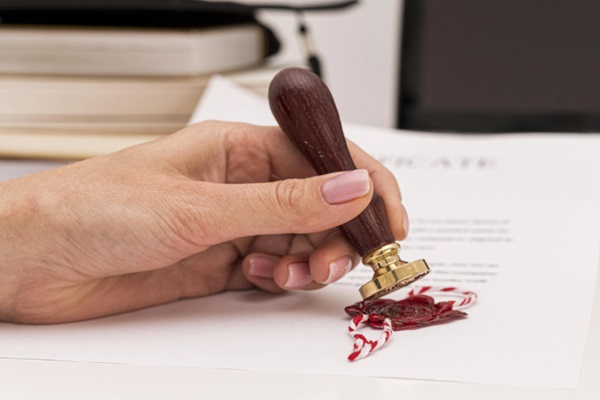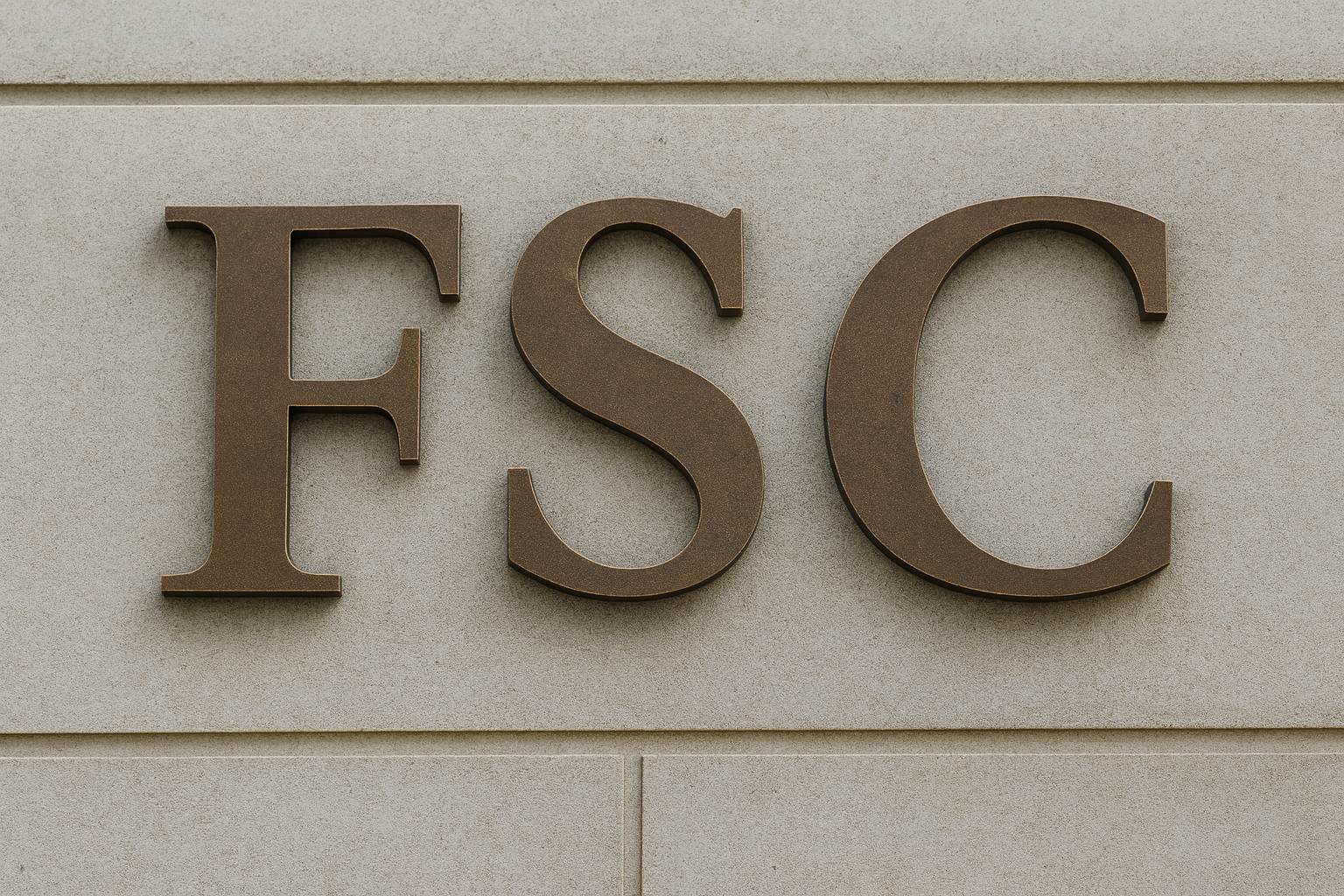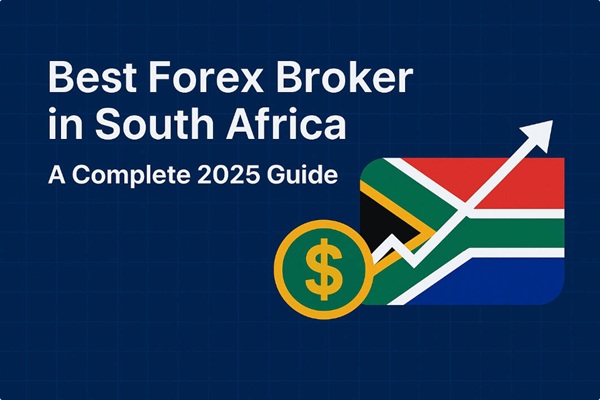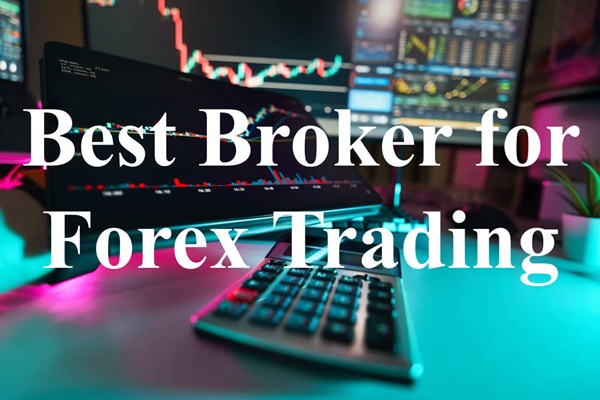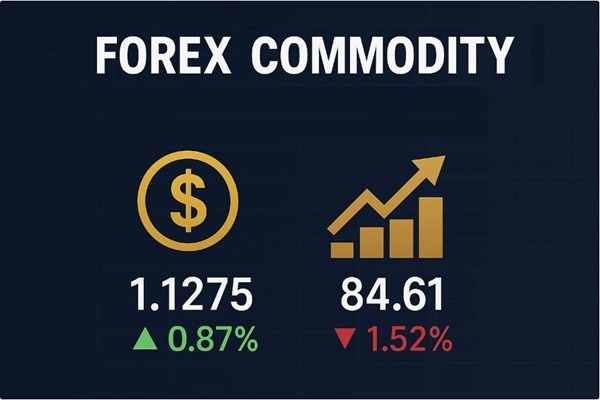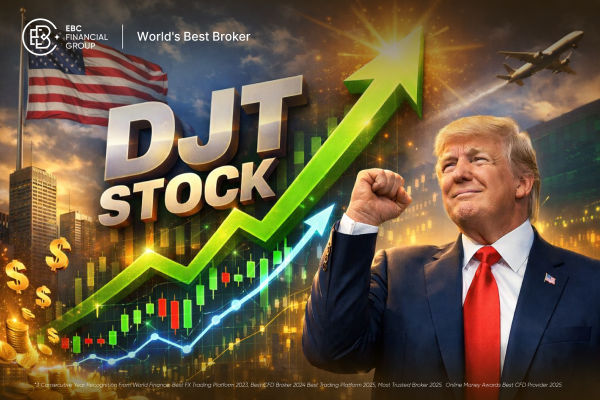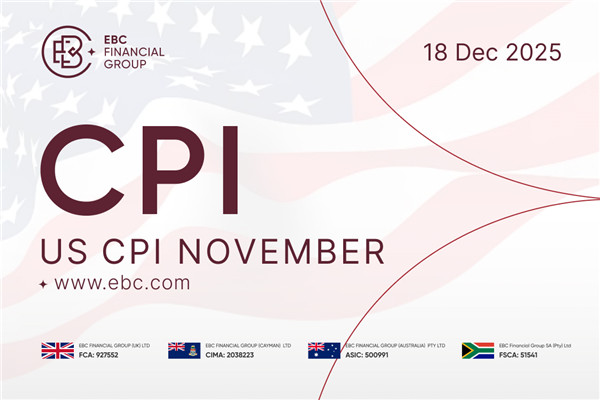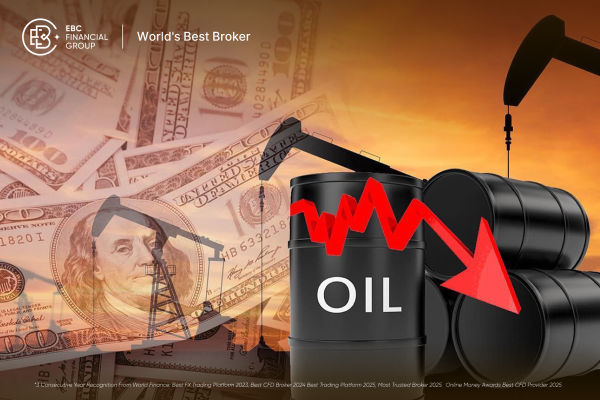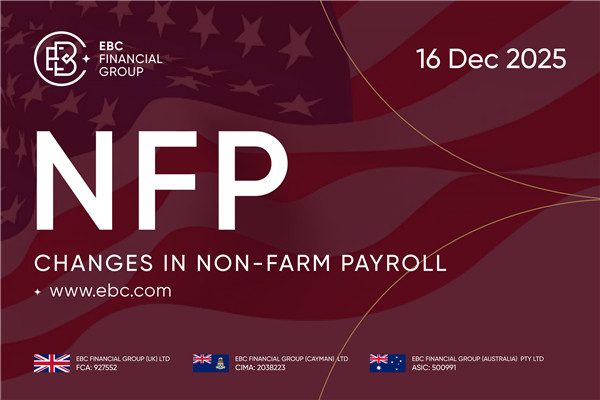A Forex broker licence is one of the most important factors to consider before choosing where to trade. It's easy to get caught up in the excitement of entering the Forex market, but ensuring that your broker is properly licensed can save you from potential risks and fraud. Trading with a licensed Forex broker means you're more likely to have a secure and fair trading experience, protected by regulatory rules and standards.
Understanding what a Forex broker licence entails and why it matters is essential for making informed decisions. Let's dive into the key points surrounding these licences and why they should be at the top of your list when selecting a broker.
What is a Forex Broker Licence and Why is It Important?
A Forex broker licence is an official certification granted by a regulatory authority, confirming that a broker is authorised to provide trading services. The licence ensures that the broker meets the standards required to operate legally and ethically in the financial markets. Brokers who are licensed are held to strict regulations that focus on protecting traders and promoting fair practices.
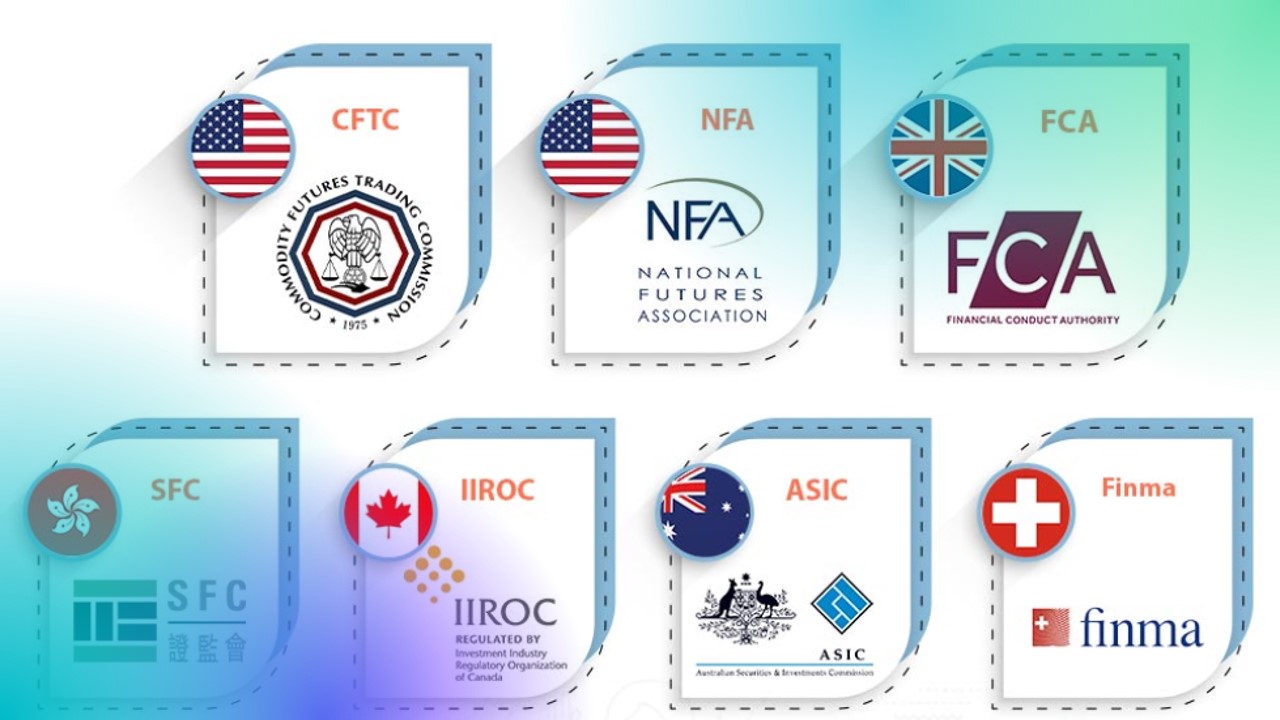
The importance of a Forex broker licence cannot be overstated. It's essentially the stamp of approval from a trusted regulatory body, ensuring that the broker adheres to rules designed to safeguard your funds and ensure fair treatment. Without this licence, a broker may not be subject to the same level of oversight, putting you at greater risk for potential fraud or poor trading practices.
Choosing a licensed broker means you can trade with peace of mind, knowing that the broker is held accountable to industry standards and financial regulations. In contrast, unlicensed brokers can operate without these safeguards, potentially leaving you vulnerable to unfair practices or even the loss of your funds.
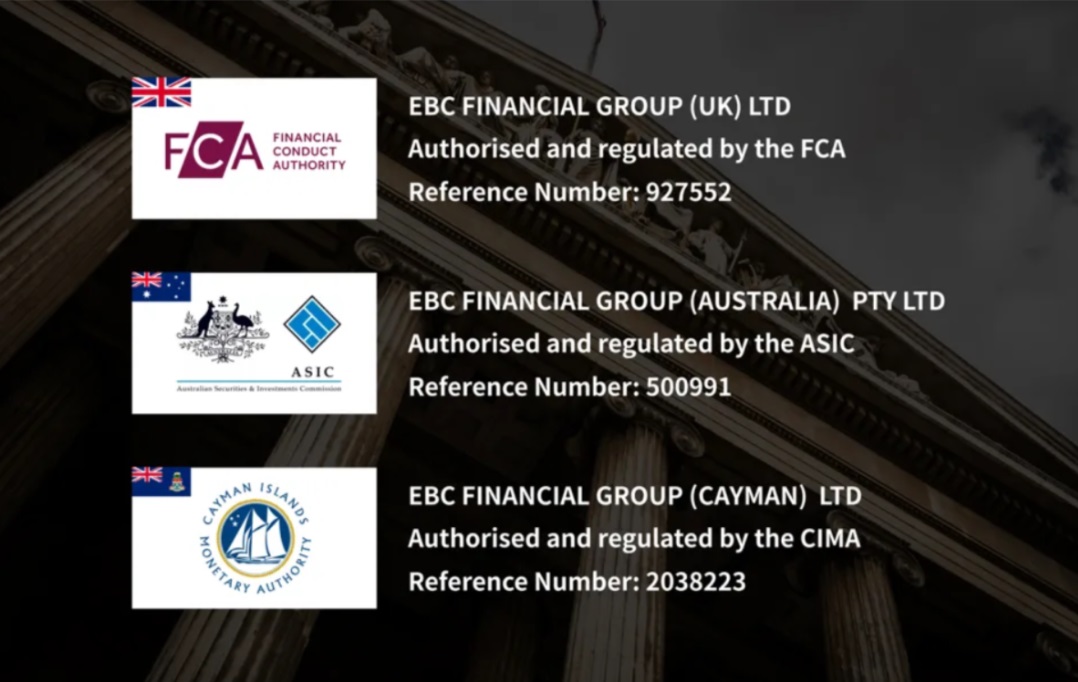
Types of Forex Broker Licences and Regulatory Authorities
Forex brokers can be licensed by various regulatory bodies around the world, and these authorities set the rules and standards that brokers must follow. Each regulatory body has its own requirements for brokers, but all share a common goal: to protect traders and ensure a safe, transparent trading environment.
Some of the most respected and widely recognised regulatory authorities include:
Financial Conduct Authority (FCA) – UK
The FCA is one of the most reputable financial regulators globally. Brokers licensed by the FCA are required to meet high standards, such as keeping clients' funds in separate accounts and providing clear pricing and fees. The FCA also offers a compensation scheme, meaning you can be reimbursed if your broker faces financial difficulties.
Australian Securities and Investments Commission (ASIC) – Australia
ASIC is another highly respected regulatory authority. Brokers under ASIC's jurisdiction must comply with strict capital requirements and ensure client funds are protected. ASIC also requires brokers to offer transparency in their pricing and trading conditions.
Cyprus Securities and Exchange Commission (CySEC) – Cyprus
CySEC is an increasingly popular regulator for brokers operating in Europe. While its regulatory framework is considered more flexible than others, CySEC still enforces strict rules for transparency, fair treatment, and financial security, making it a trusted authority for many brokers.
Financial Services Authority (FSA) – Seychelles
The FSA regulates brokers operating in Seychelles, offering a more relaxed regulatory environment compared to jurisdictions like the FCA or ASIC. While the regulatory requirements may not be as stringent, brokers licensed by the FSA still adhere to basic standards for financial security and fair practices.
The regulatory body that a broker is licensed by plays a significant role in shaping their operating standards. Therefore, it's important to consider the reputation and credibility of the regulator when choosing a broker.
How to Check if a Forex Broker is Properly Licensed
It's crucial to verify that the broker you're considering is properly licensed. The good news is that this process is relatively straightforward, and any legitimate broker will openly share their licensing details.
Start by looking for the broker's licensing information on their website. Most regulated brokers will display the name of the regulatory authority that issued their licence, along with the licence number. This information is often found in the footer of the website or under the "About Us" section.
Once you've located the licence number, you can easily verify it through the official website of the regulatory body. For instance, if the broker claims to be FCA-regulated, you can use the FCA's online register to search for the licence number and confirm the broker's legitimacy. Similarly, both ASIC and CySEC offer online tools for verifying broker credentials.
However, just because a broker claims to be regulated doesn't mean they are trustworthy. Be sure to look out for red flags such as lack of transparency regarding fees or unrealistic promises of returns. A properly licensed broker should never make exaggerated claims or use high-pressure sales tactics. Always take the time to verify the broker's licence and read independent reviews before committing.
Benefits of Trading with a Licensed Forex Broker
Trading with a licensed broker offers several key advantages that go beyond just legal compliance. These benefits are designed to make your trading experience safer, more transparent, and more reliable.
1、Protection of Your Funds
Licensed brokers are required to hold your funds in segregated accounts, which means your money is kept separate from the broker's operational funds. If the broker faces financial trouble, your funds remain safe and are not used to cover the broker's liabilities.
2、Investor Protection
Many regulatory bodies, such as the FCA, offer investor protection schemes. These schemes can provide compensation in the event that a broker goes bankrupt or is involved in fraud. This safety net is invaluable for peace of mind when you're trading.
3、Fair Trading Practices
Licensed brokers must adhere to strict transparency standards, including clear pricing, detailed fee structures, and proper trade execution. This ensures that you won't encounter hidden costs or unfair pricing practices.
4、Legal Recourse
If you encounter issues with a licensed broker, you have legal recourse through the relevant regulatory authority. Regulatory bodies provide a formal process for filing complaints, which can help resolve disputes fairly and efficiently.
To sum up, trading with a licensed broker provides the assurance that your funds are protected and that you're dealing with a company that's held accountable by a reputable regulatory authority. This layer of protection is essential for long-term success in the Forex market.
Disclaimer: This material is for general information purposes only and is not intended as (and should not be considered to be) financial, investment or other advice on which reliance should be placed. No opinion given in the material constitutes a recommendation by EBC or the author that any particular investment, security, transaction or investment strategy is suitable for any specific person.
